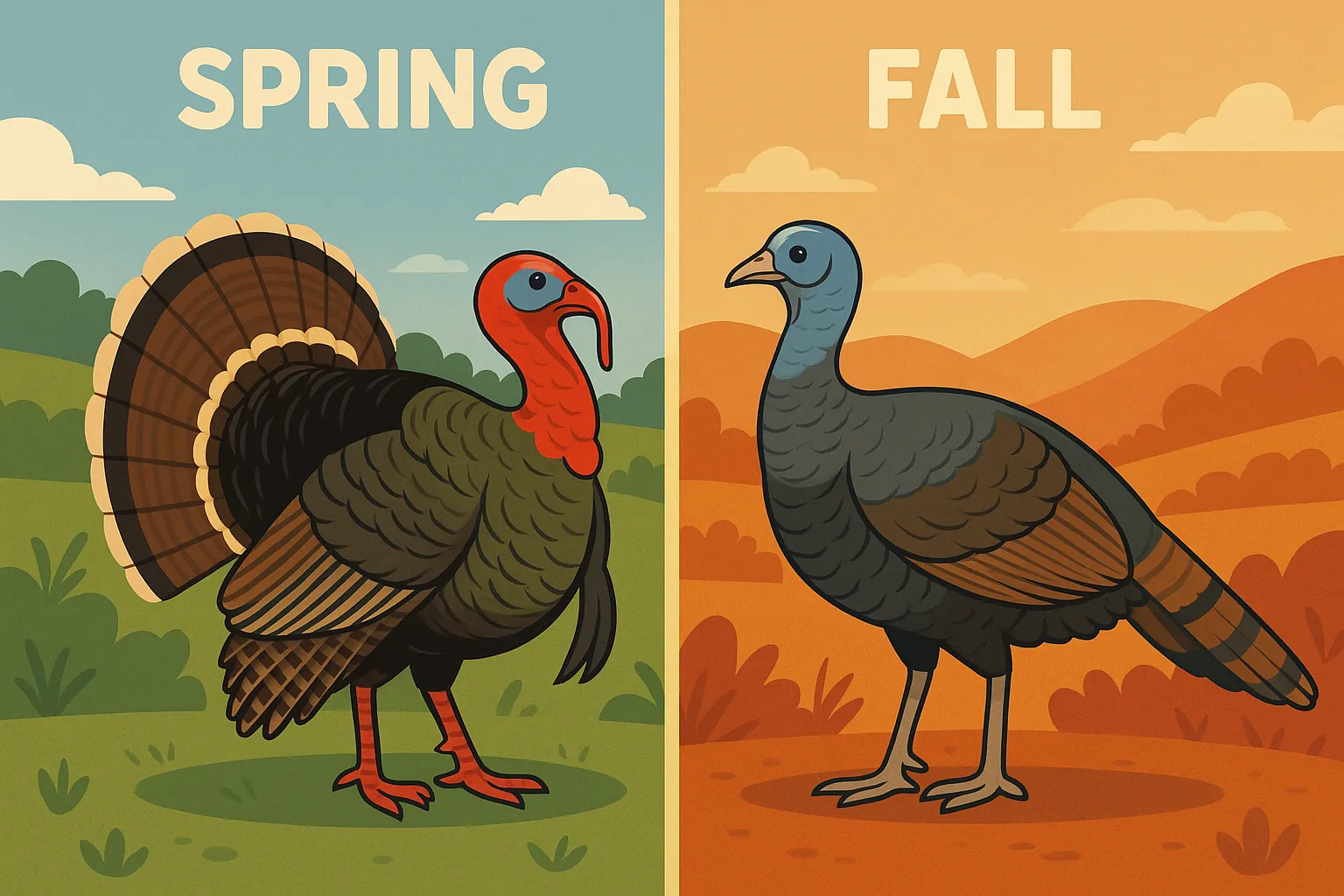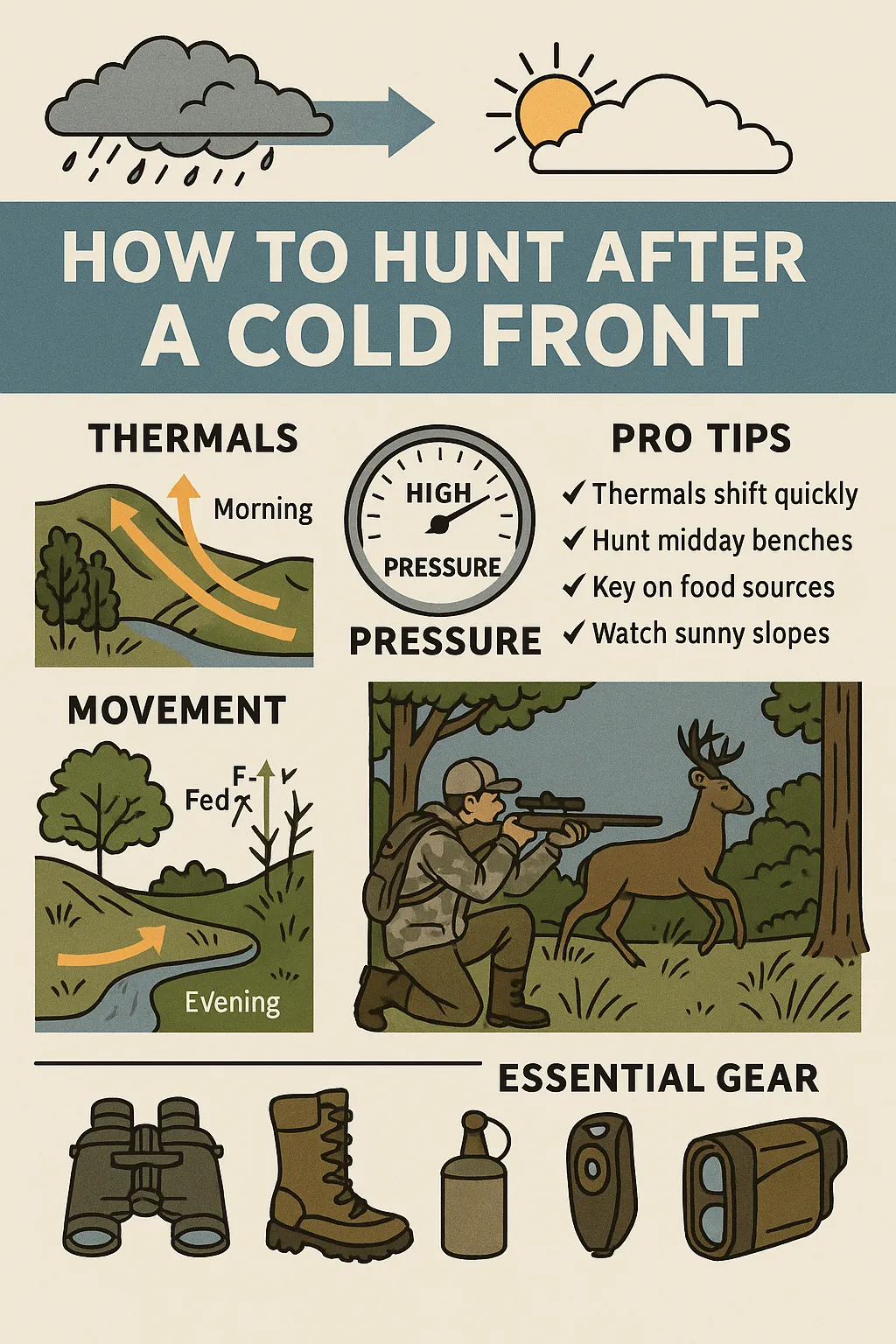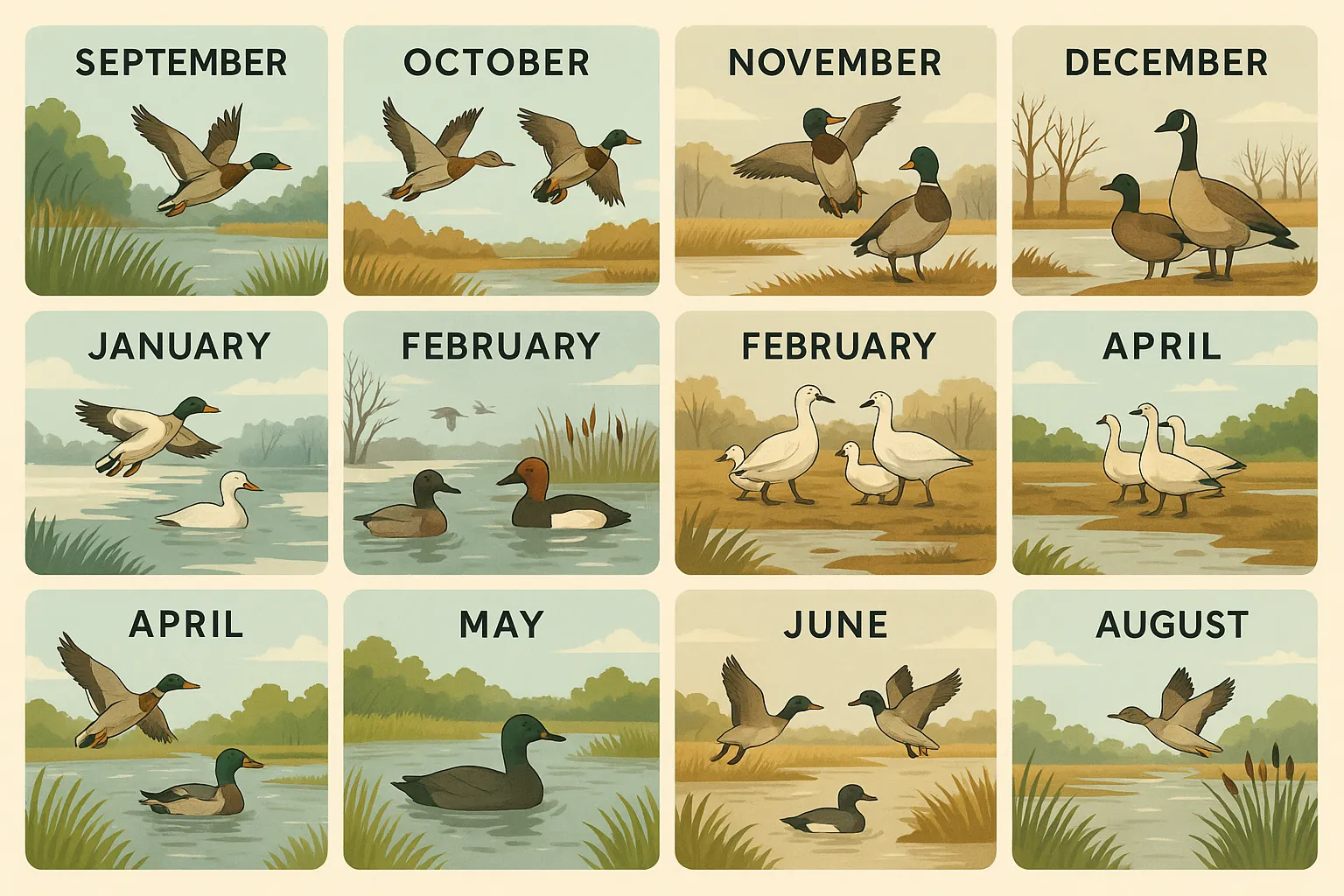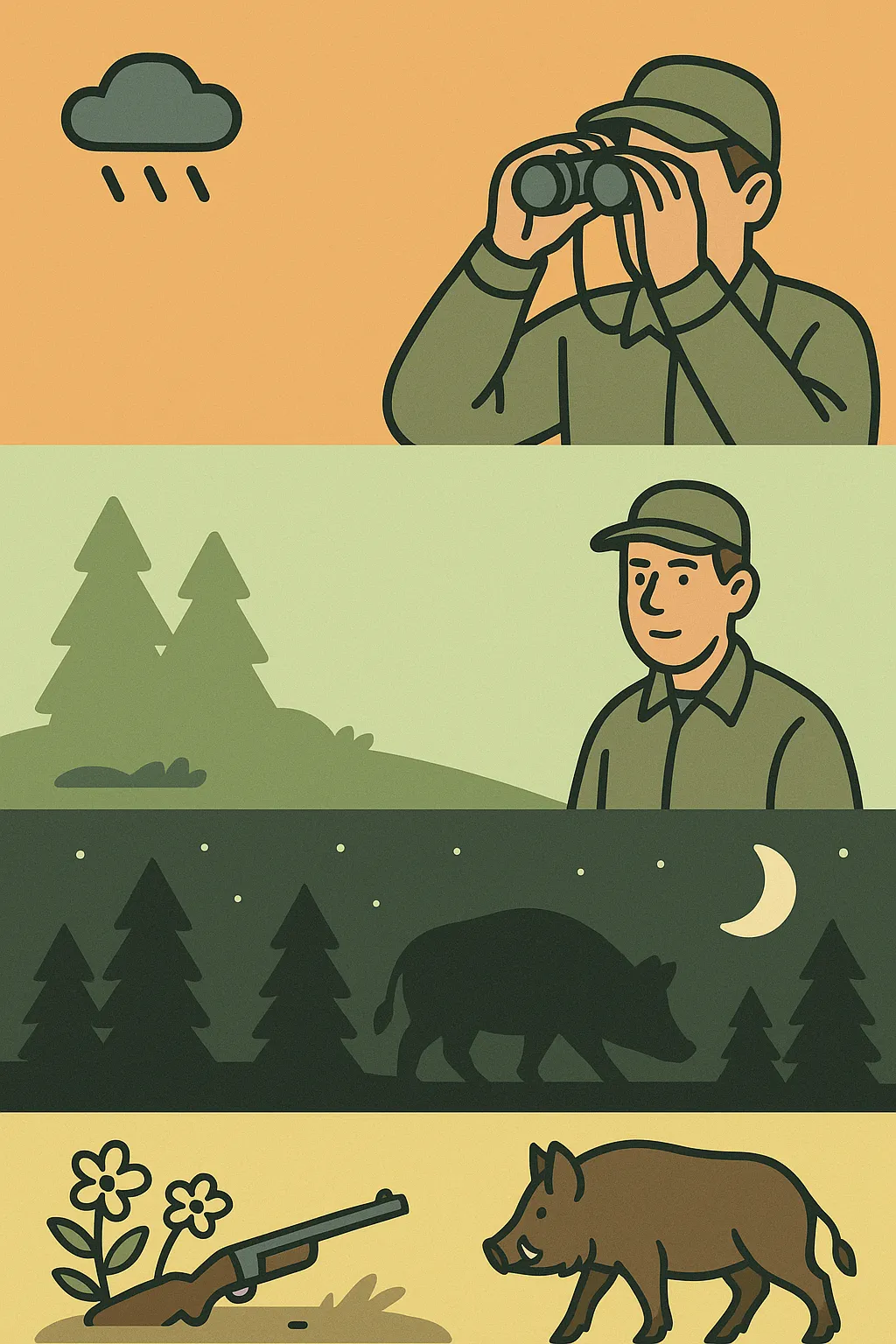
Spring vs. Fall Turkey – Calling, Decoying & Setup Adjustments
Chasing gobblers in spring isn’t the same game as intercepting birds in the fall. Each season brings its own rhythms, behaviors, and strategic demands. From the love-struck longbeards of April to the flocked-up food-chasers of October, this post breaks down the core differences in calling, decoying, and setups for spring vs. fall turkey hunts in 2025.
🌸 Spring Turkey Hunting: Aggression, Courtship & Sound
🎯 Bird Behavior:
- Gobblers are actively seeking hens
- Territorial toms respond aggressively to vocal challenges
- Birds roost in consistent patterns, moving to strut zones at daylight
🗣️ Calling Strategy:
- Use hen calls (yelp, cluck, purr) to lure gobblers
- Add gobbler calls (gobble, fighting purrs) for dominant reactions
- Call more aggressively to fire up roosted birds
🦃 Decoy Setup:
- Jake + feeding hen decoy combo = effective visual trigger
- Strutter decoys work well in open fields
- Place decoys 15–20 yards out, angled toward shooter
📍 Setup Tips:
- Hunt near strut zones, logging roads, or clearings
- Set up between roost and feeding zones
- Go mobile with light gear—run-and-gun works well
🎙️ “In spring, I’m calling hard and loud before fly-down, then softening the tone once they pitch down.”
— Travis R., Kentucky
🍂 Fall Turkey Hunting: Food, Flocks & Patience
🎯 Bird Behavior:
- Turkeys are food-focused and flocked up (hens, poults, jakes)
- Vocalizations differ—more clucking, kee-kees, assembly calls
- Less aggressive, more social responses
🗣️ Calling Strategy:
- Hen yelps and kee-kee runs mimic flock communication
- Use lost yelps or assembly calls to regroup broken flocks
- Call softly and sparingly—realism matters more than volume
🦃 Decoy Setup:
- Feeding or relaxed hen decoys are best
- Avoid strutter or jake decoys—they may deter flocked-up birds
- Place decoys in feeding lanes, field edges or scratch zones
📍 Setup Tips:
- Hunt near food sources: acorns, clover, grain
- Break up a flock, then call to regroup with realism
- Use blinds more often—patterned movement trumps spontaneous responses
🎙️ “Fall birds won’t run in like they do in spring. You’ve gotta slow down, sound real, and let them come on their terms.”
— Emily J., Pennsylvania
📊 Spring vs. Fall Turkey Strategy Breakdown
| Element | Spring Tactics | Fall Tactics |
|---|---|---|
| Gobbler Response | Driven by mating & dominance | Driven by flock cohesion & food |
| Calling Style | Aggressive hen + gobble calls | Realistic yelps, kee-kees, lost calls |
| Decoys | Jake + hen, strutter in open | Hen only, feeding pose preferred |
| Best Setup Zone | Strut zones, clearings, roost trails | Food plots, mast-rich woods, trail junctions |
| Movement Style | Run-and-gun, mobile sits | Ambush & pattern over multiple days |
🧠 Pro Tips from Seasoned Turkey Chasers
- Scout with your ears in spring, your optics in fall
- Fall gobblers may still respond to yelps—especially after a busted flock
- Always face cover or trail pinch points—fall flocks often side-slip decoys
- Pattern roosts and mid-morning strut loops for consistent sits
🎙️ “If you adjust your approach with the season, you’ll stop hunting ‘turkeys’ and start hunting actual behavior.”
— Nate L., Missouri
📣 Tools & Resources by Season
- Spring Gear: Box calls, mouth calls, strutter decoy, collapsible jake
- Fall Gear: Slate pot call, kee-kee tube, field blind, scratch pads
- Apps: OnX for roost zones, HuntStand for food plot tracking
- Media: The Hunting Public (Spring), MeatEater Turkey Tour (Fall)
Pro Tip: Don’t treat turkey like a one-season species—every phase offers a new hunt.
🌟 Final Call: Season the Strategy
Success in turkey season comes down to recognizing what phase you’re in. Spring is vocal, visual, and aggressive. Fall is subtle, social, and food-driven. Master both and you’ll double your chances at success—and double the fun.
“Spring is about getting seen. Fall is about not being noticed. Hunt accordingly.”
Leave A Comment
Related Posts
How to Hunt After a Cold Front: Pressure, Thermals & […]
Hunting Waterfowl in the Mississippi Flyway: Monthly Breakdown The Mississippi […]
Southeastern Hog Hunting Tactics by Month Feral hogs in the […]





